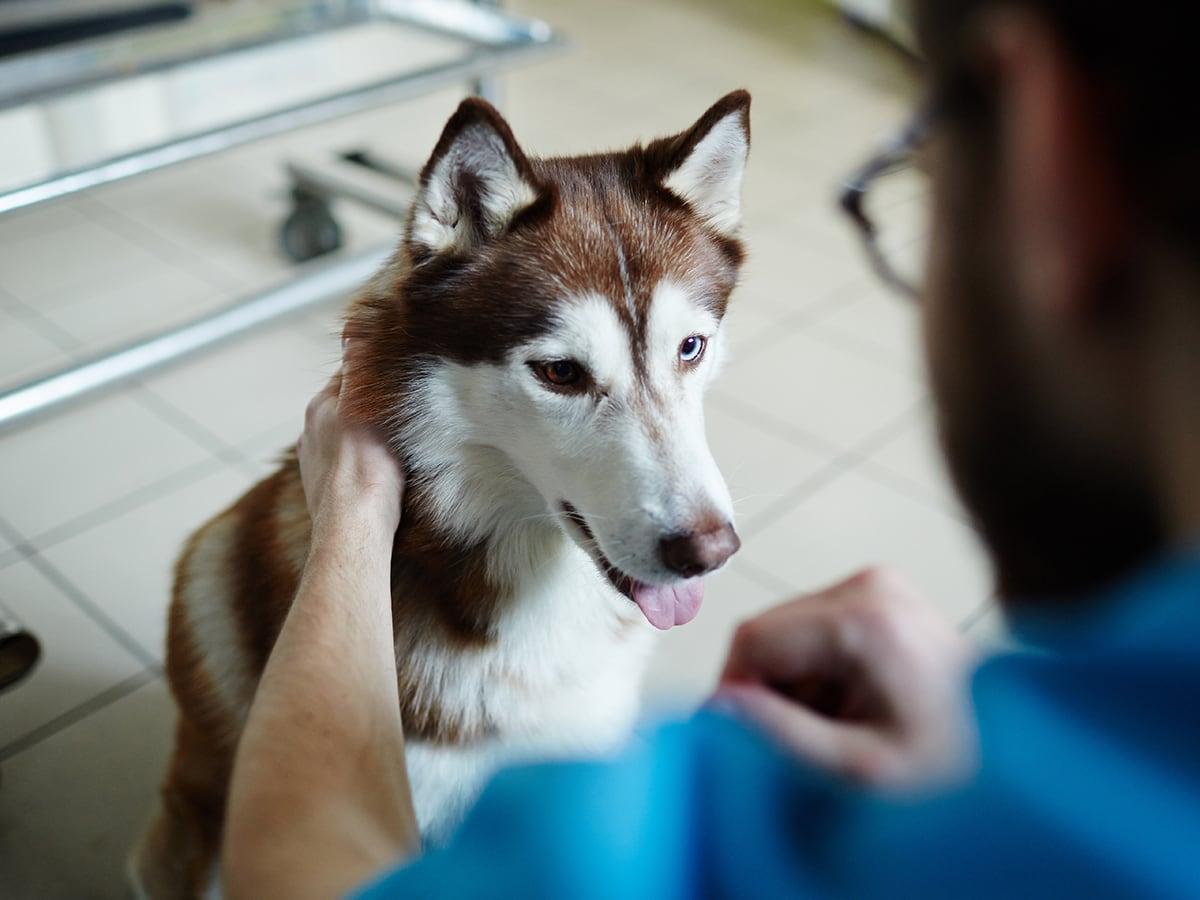No pet parent likes to think about their pet becoming ill or injured, but unfortunately, sometimes these circumstances and the vet bills that come with them are a part of pet ownership. For pet parents, knowing that their pet may require surgery can cause both emotional and financial stress. This blog will cover the most common reasons pets need surgery and the average cost of the procedures.
What is the Average Cost of Dog Surgery?
Costs for surgery can vary widely depending on the procedure your pet is receiving. To help you get a better idea of the cost, we have put together a list of some of the most common surgical procedures and their average costs5.
Procedure | Average Cost |
$35 - $500 | |
ACL (anterior cruciate ligament) and CCL Surgery (canine cruciate ligament) | $3500 - $5000 |
Hip Dysplasia Surgery | $1700+ |
$1500 - $3000 | |
$150 - $600 |
What is the Most Expensive Surgery for a Dog?
Hip dysplasia can cause lameness and loss of function in the joint due to the ball and socket of the hip joint rubbing together and causing pain. Dogs with severe hip dysplasia may need hip replacement surgery which involves replacing your pet’s joint with implants to rid them of pain and restore their range of motion. Unfortunately, this procedure is complex and requires specialized equipment; hip replacement surgery costs an average of $7,000 per hip1.
How Much Does it Cost to Put a Dog Under for Surgery?
The cost of anesthesia can be as low as $90 or as high as $1200 depending on a few different factors3.
Health Condition: If a pet is undergoing a high-risk procedure, or is a high-risk patient due to their health, your vet might opt to have a veterinary specialist on standby to assist them, increasing the cost of the procedure. Pet’s undergoing emergency surgery can also cost more to put under3.
Procedure: The cost of anesthesia largely depends on the procedure your pet is receiving. Sometimes a vet will charge by hour or half-hour, other times depending on a pet’s weight3.
Size of Pet: Larger pets will naturally require more anesthesia to stay under, increasing the cost of their procedure3.
Read more: Is Pet Insurance Worth It?
How to Prepare if Your Dog is Having Surgery
Before the day of your pet’s surgery, your vet will provide you with instructions on how to help prepare your pet to be anesthetized.
Fasting: Often your vet will ask that you not feed your pet the night before their procedure. This is because having food in their stomach increases the chance that your pet will vomit while under anesthesia leading to complications like aspiration3.
Water Intake: Because a pet’s stomach should be empty during surgery, you will also want to remove their access to water a few hours before their procedure. Talk to your vet about when to do this since it is important to avoid dehydrating your pet before surgery3.
Medications: Tell your vet if your pet is on any prescription or over-the-counter medication or supplements. They will instruct you on whether or not you can continue giving these to your pet before their procedure3.
Preoperative Sedation: Some pets become anxious or aggressive when at the vet, making them difficult to work with. Sedating your pet before they arrive at the vet can help keep them and the veterinary staff safe. (Don’t worry, these medications are safe even when your pet is going under anesthesia.) Talk to your vet about whether this step is recommended for your pet3.
Read More: How Much Does Microchipping a Dog Cost?
How to Care for Your Dog After Surgery
Your pet will likely be groggy for 12 to 24 hours after surgery and may whine, have difficulty walking, or experience confusion3. Provide a quiet place for your pet to rest once they are back home and supervise any interactions between them and children or other pets.
Pre-operative fasting and the effects of anesthesia can slow your pet's digestion, so try not to worry if they don’t have a bowel movement for a few days after their procedure3. That being said, your pet should be fully recovered from anesthesia within a day or two3.
Surgical recovery takes longer though, so make sure to follow all of your vet’s guidance on exercise, incision care, medication, and your pet’s e-collar to give them the best chance for a smooth recovery. If at any time you become concerned about your pet’s behavior during their recovery, contact your vet to address your concerns.
Read More: Does Pet Insurance Cover Umbilical Hernias?
How to Get Cash Back on the Cost of Dog Surgery
The high cost of dog surgery can cause both emotional and financial strain to pet parents during an already difficult time. Spot Pet Insurance can help support pet parents by offering up to 90% cash back on covered vet bills for canine surgery, hospitalization, medications, and more. Pet insurance cannot cover the cost of pre-existing conditions or conditions that appear during the policy waiting period. Enrolling your pet early, before any pre-existing conditions can occur, is the best way to help make sure unexpected vet bills can be covered.
Key Takeaway
The cost of dog surgery can vary widely depending on the procedure, the size of the dog, and the risk involved. Following your vet’s instructions on how to prepare your dog for surgery and how to care for them after, is the best way to help your pet have the smoothest recovery possible. Remember to contact your vet if at any time you have questions about your pet's procedure or recovery.

With 10 years of experience as a pet parent, I aim to empower pet owners with insights into pet insurance and maintaining their pet's well-being. I aspire to be a trusted source, combining knowledge with a commitment to the welfare of our beloved pets.

As Spot’s resident cat enthusiast, I am dedicated to researching and sharing information that helps pet owners take the best care of their pets. Pet ownership comes with it’s share of challenges, but my goal is to help make this journey easier.
“6 Most Expensive Dog Health Problems | MetLife Pet Insurance.” MetLife, 14 Oct. 2024, www.metlifepetinsurance.com/blog/pet-health/dog-health-problems/.
“Preparing Your Dog for Anesthesia: Everything Owners Should Know.” Pawlicy Advisor, 3 Jan. 2022, www.pawlicy.com/blog/dog-anesthesia/.
The costs of 5 expensive procedures for dogs,In Animalia, 27 Oct. 2022,, from https://animalia.pet/knowledge/the-five-most-expensive-procedures-for-dogs/
tploinfo. (2023). How Much Does Canine Surgery Cost? - TPLO Info. In TPLO Info - All Things TPLO, 9 Feb 2023, https://tploinfo.com/blog/how-much-does-canine-surgery-cost/













